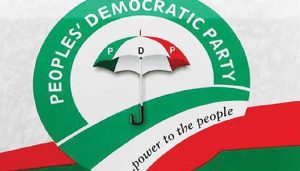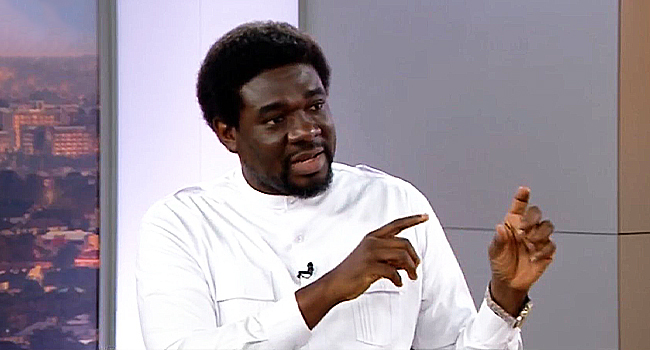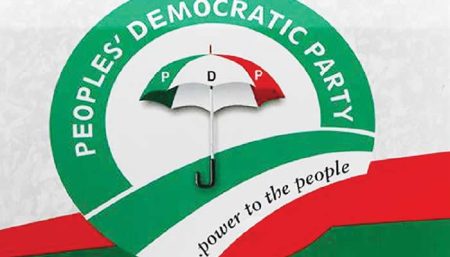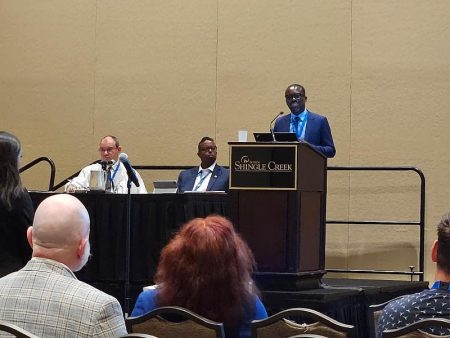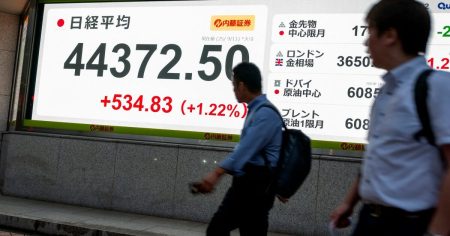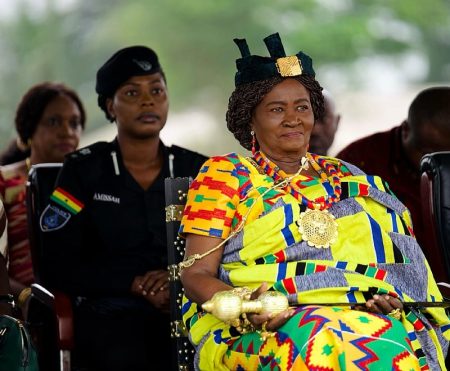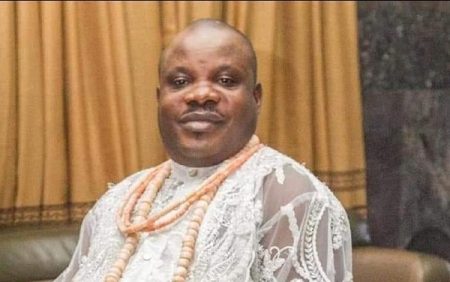The Trade Union Congress (TUC) President, Festus Osifo, has launched a scathing critique of the newly formed African Democratic Congress (ADC), dismissing its potential for success in the 2027 general elections and labeling its prominent members as “a bunch of jokers.” Osifo anchored his criticism on the grounds of recycled leadership, questioning the track records of key figures like a former Vice President, a former Senate President, and a former Rivers State Governor, all of whom held significant power for extended periods yet failed to deliver transformative change for Nigeria. He argued that these individuals, now repackaged under a new party banner, represent the same failed political class that has consistently underperformed since the return to democracy in 1999. Instead of pinning hopes on such alliances, Osifo advocated for a focus on electoral reforms that would ensure credible elections, emphasizing the importance of “one man, one vote” and an end to manipulated results.
Osifo’s skepticism stems from a deep-seated distrust of the political elite who, he believes, have repeatedly offered promises of change only to perpetuate the status quo. He recalled the formation of the All Progressives Congress (APC) in 2013, presented as a coalition of messianic figures poised to usher in an era of prosperity, only to fall short of expectations. He sees the ADC as a mere rehash of this pattern, with the same actors re-emerging under a different guise. He emphasized the need for genuine leadership willing to take risks and implement the necessary restructuring to address the nation’s systemic issues. The TUC, under Osifo’s leadership, distances itself from the ADC, emphasizing a focus on empowering citizens through genuine electoral processes rather than aligning with established political players.
The TUC President’s argument centers on the perceived lack of concrete achievements by the ADC’s leading figures during their previous tenures in high office. He challenged the former Vice President’s eight-year record, the former Senate President’s legislative impact, and the former Rivers State Governor’s performance, questioning what tangible benefits they delivered to the Nigerian people. He characterized them as “jokers” engaged in a political charade rather than genuine nation-building. Osifo’s message to Nigerians is clear: look beyond the recycled rhetoric of established politicians and demand genuine electoral reforms that empower the citizenry. He believes that focusing on structural changes to the electoral system will ultimately yield more substantial results than aligning with familiar faces offering recycled promises.
Osifo champions electoral reform as the cornerstone of genuine democratic progress. He argues that true change hinges on creating a system where every vote counts and election outcomes reflect the will of the people. He dismisses the focus on political alliances as a distraction, emphasizing the need for systemic change to prevent the manipulation of results. He envisions a future where citizens’ votes hold real power and where election outcomes cannot be predetermined. By prioritizing electoral reforms, Osifo believes Nigeria can break free from the cycle of recycled leadership and pave the way for genuine democratic accountability and progress.
The TUC President highlights the disconnect between reported economic growth and the lived realities of Nigerian citizens. He notes that despite claims of GDP growth, many Nigerians continue to struggle with soaring inflation, job insecurity, and inadequate wages. This, he argues, underscores the failure of successive governments to translate economic gains into tangible improvements in the lives of ordinary people. He connects this failure to the entrenched political class represented by coalitions like the ADC, reinforcing his call for a shift away from recycled leadership and towards a focus on systemic change. He advocates for policies that address the root causes of economic hardship and ensure that economic progress benefits all citizens, not just a privileged few.
Addressing ongoing tax reforms, Osifo expressed support for the initiative in principle but cautioned against targeting unemployed citizens. He highlighted the need for tax policies to be equitable and considerate of the economic vulnerabilities of different segments of the population. He stressed that tax reforms should not exacerbate the financial burdens of those already struggling to make ends meet. This nuanced approach reflects the TUC’s broader concern for the welfare of Nigerian workers and citizens, and underscores its commitment to advocating for policies that promote economic justice and social well-being. Osifo’s remarks place the TUC firmly on the side of the working class and emphasize its role as a watchdog against policies that could worsen economic inequalities.



